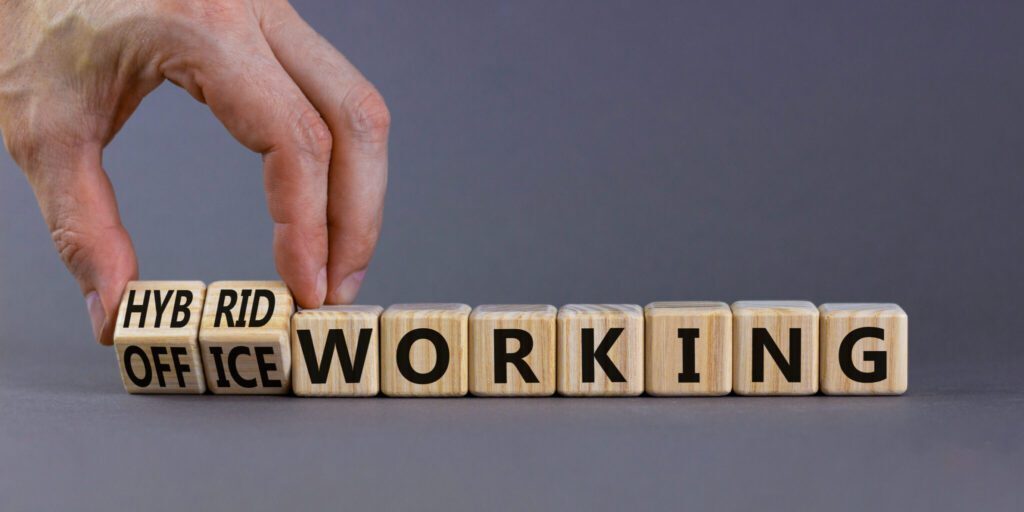SOP Doesn’t Mean Seat Of Pants

OK, I’ll admit it. This part of our industry—or actually, the trades in general—drives me absolutely crazy. What is it that’s doing the driving? The fact that the vast majority of business owners who came up through the trades view the acronym SOP as meaning “seat of pants.” In other words, those who operate by the seat of (their) pants spend a lot of time reacting to negative events rather than planning for how to make the whole experience flow seamlessly. The good news is that this lack of basic business acumen on the part of most of our competition makes it pretty easy to stand head and shoulders above the rest of the crowd.
Think about how much planning it takes to build today’s automobiles from order to delivery, all while staying competitive and profitable in a very competitive environment. Now think about the possibility that if one bolt is overlooked in the sourcing and ordering process, the entire assembly line gets shut down, potentially costing millions, if not billions, of dollars.
This is an absolutely ridiculous example that doesn’t apply to us, right? Maybe. But let’s take it down a few notches and talk about the type of scenarios I hear about every week from clients.
Just last week I spoke with a company that dispatched an emergency services crew to a water loss an hour away from the client’s shop, only to find that the technicians forgot to load any drying equipment into the truck. (I’m not making this up!) What do you think this did to the client’s profitability on that job? What about the effect it might have had on other jobs? The crew had to make a second trip to set equipment, potentially delaying or eliminating their ability to respond to the next loss.
How do we ensure that we never make mistakes like this?
The answer lies in redefining SOP from “seat of pants” to “standard operating procedure.” You see, successful companies have thought through the whole process and have created workflows that define what happens from the initial phone call to collection of payment and securing that coveted five-star review at the end.
And you know what? When those companies sat down and defined their processes, many frequently found that they had missed a step—or many steps—when they were in seat of pants mode. Steps like making sure there are checklists and processes that ensure their emergency service vehicles are not only in serviceable condition, but they are stocked with the equipment and supplies needed when it’s time for the next crew to respond. Or making sure their tradespeople have the materials and supplies they’ll need to do the job so their $35 dollar-per-hour lead carpenters aren’t spending their mornings wandering through the aisles at The Home Depot?
Does this help explain why some companies make 40-50% gross profit on reconstruction projects while others struggle to simply earn 17% gross profit (overhead and profit)?
Are you not in the restoration business? Perhaps you’re in the carpet cleaning side of the industry. If so, this still applies to you. Do you have a system for gathering the necessary information when a customer calls? Do you have a way to confirm appointments before sending a truck and crew to a job where the customer forgot you were coming? Do you have inventory lists and truck load lists to ensure the crew has the right chemicals, supplies, and equipment on board to be able to complete the job without having to make a run back to the shop?
Does any of this sound familiar? Come on, admit it, you’ve been guilty of at least some of the above.
There’s no judgement here. For the first few years of operating my business I was a master of seat of pants business practices. But let me assure you, there’s a more efficient, organized, enjoyable, and profitable way to do business. And what I’ve described above applies to every operation in your company—from sales and marketing to administration to operations.
I understand it’s a huge undertaking to plan every aspect of your business, so take it slow and steady and eat this elephant one bite at a time. The rewards are huge in terms of the value of the company as well as how enjoyable it is to run or work for a company that operates like a well-oiled machine.












